At the end of November and beginning of December, two classes of UniLaSalle Rouen engineering students went abroad to delve deeper into subjects studied in class. Between visits, meetings with professionals and time spent with friends, there was no time to get bored!
In the first and second years of the I-SAFE engineering program at UniLaSalle Rouen, courses are supplemented each semester by a few days' study trip. So, during this first semester, two classes went outside France: Brussels for one, and Amsterdam for the other. Two unique experiences for our students, bringing them together to make professional and cultural discoveries!
Brussels, at the heart of the European institutions
Brussels was the destination of the first years, with a packed program. The aim? To find out first-hand about European institutions and, above all, their role in food and agricultural policy. This is a subject they first study in class, in a theoretical way, which gives them the keys to understanding their visits and questioning the professionals they meet.
Among the many activities, the first is the European Parliament. The students take part in a role-playing game beforehand, which puts them right at the heart of the decisions taken in this flagship European institution. For a few hours, they also had the opportunity to immerse themselves in the workings of the European Commission and the European Economic and Social Committee (EESC).
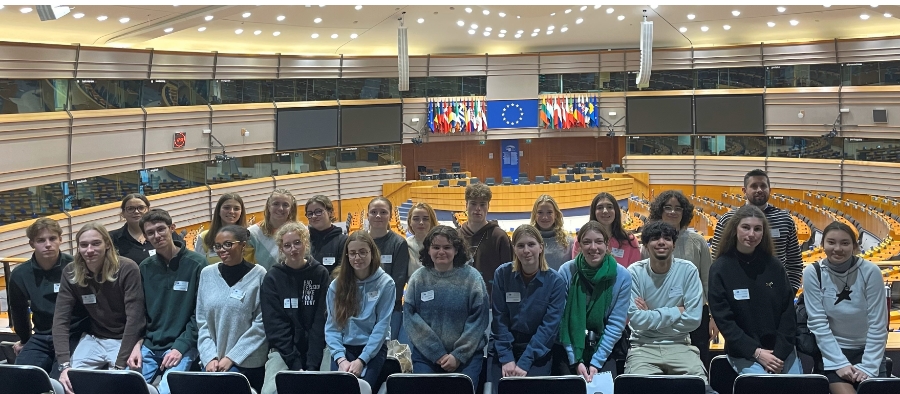
Tout au long de la semaine, on retrouve de nombreuses rencontres avec des experts. “Ça a vraiment fait écho à nos cours sur l’agriculture internationale”, selon Justine, étudiante de première année, “en approfondissant sur l’influence des institutions européennes et les enjeux de la politique alimentaire européenne, entre défis agricoles et sécurité alimentaire”. La Copa Cogeca, qui représente les agriculteurs et les coopératives européennes, et La Via Campesina, qui défend les droits des paysans, les ont aussi accueillis. Des organisations influentes et passionnantes, qui ont inspiré nos jeunes étudiants. Justine complète : “Ce sont des visites qui ont marqué toute la classe, ça a donné à certains l’envie de s’investir dedans, en tout cas ça nous donne des idées !” 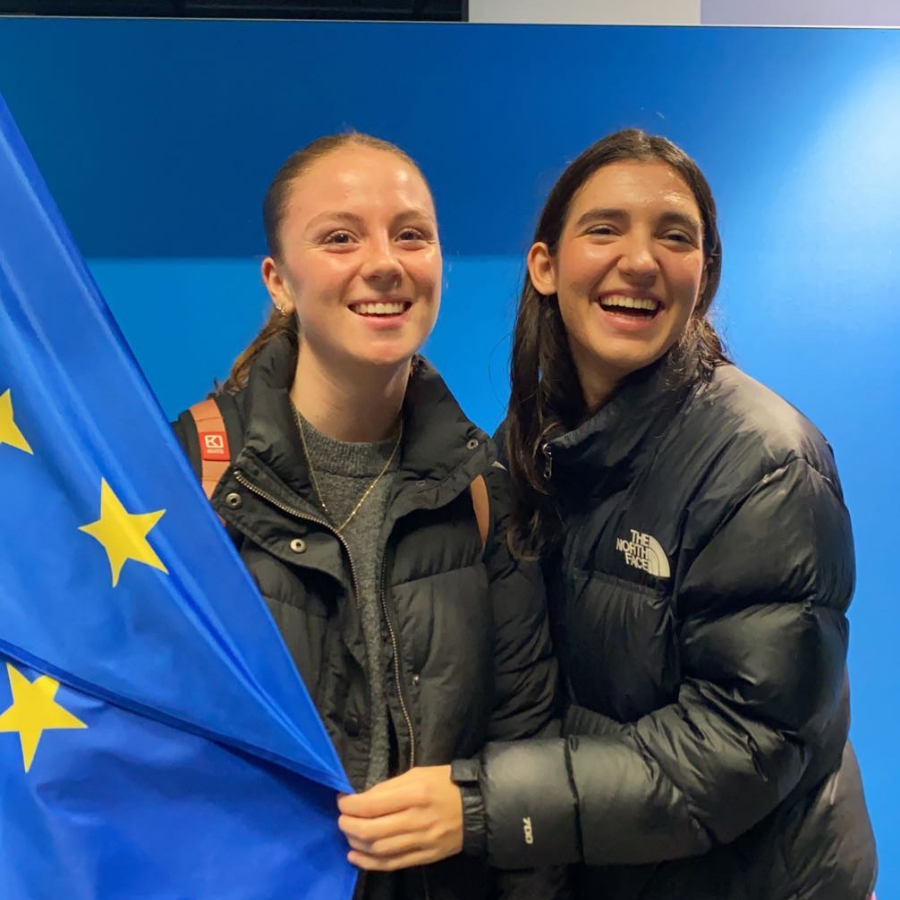
Between two academic activities, the students were able to take advantage of their free time to explore Brussels, notably at the Museum of Natural Sciences, not forgetting dinner at the mythical Roy d'Espagne café! A great memory for our student, who recalls: “The restaurant all together with our teachers, that's one of my favorite moments of the study trip... those few days brought us all much closer together and welded us together!”
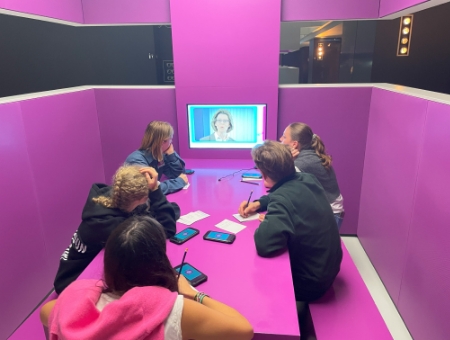
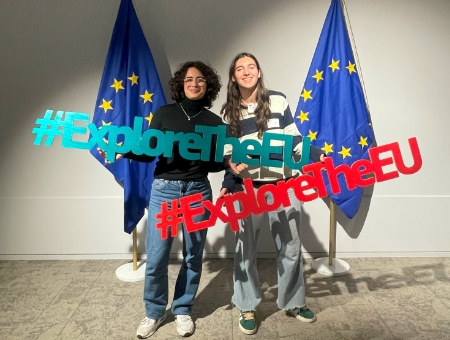
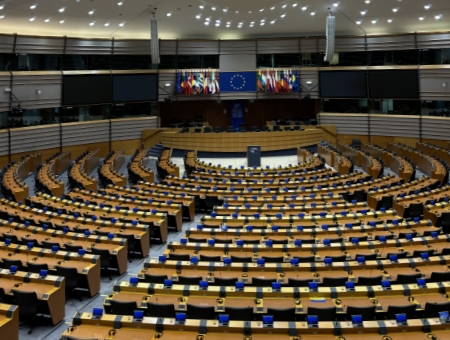
Amsterdam, innovation and tomorrow's food systems
As for the second-year students, they set off to discover the capital of the Netherlands. A land rich in agricultural issues, it was an opportunity for our students to deepen their knowledge of processing industries and agricultural innovation, both rural and urban.
Their week in Amsterdam kicked off with a visit to a brewery, where they learned how craft beers are made. It was a good opportunity for a little tasting, as was their visit to Lactalis-Royal Leerdammer, the emblem of cheese production. “It was really interesting to see all the manufacturing processes, we're witnessing what we've seen in theory,” recalls second-year student Jules. “At the Micropia museum, we also saw lots of things we'd studied in class about microbiology, it was great.”
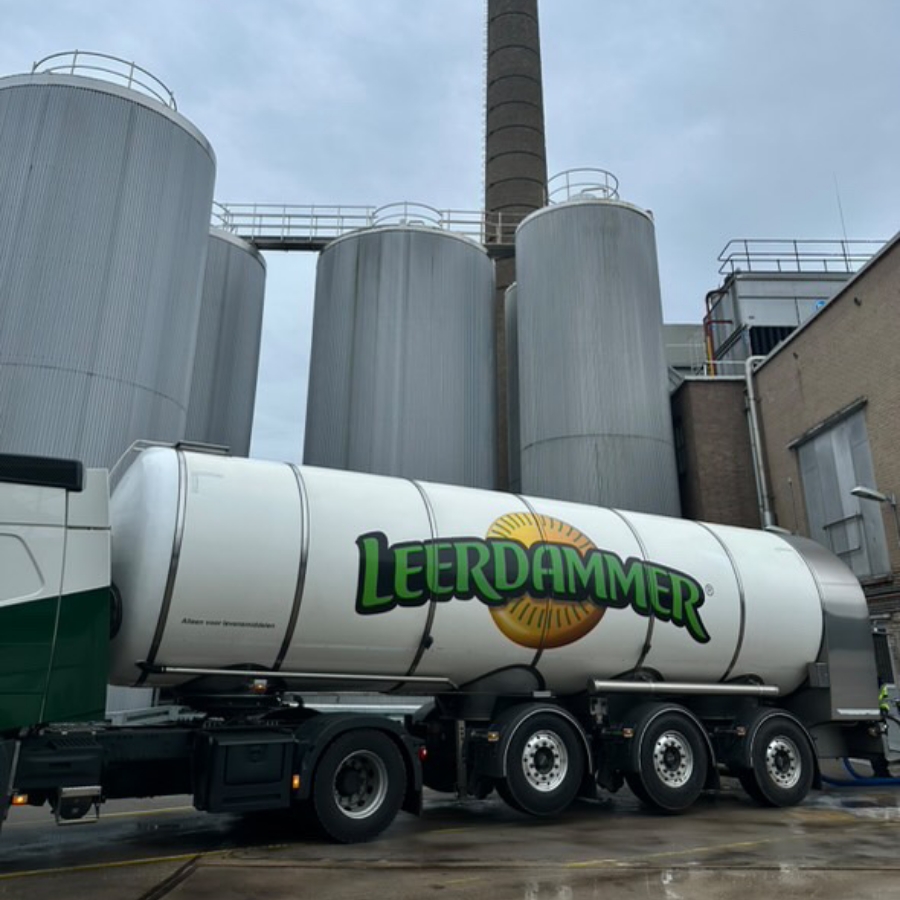
Our students also discovered two Dutch universities. “We visited AERES University, and the famous Utopia Island: it was really inspiring, and confirmed what I wanted to do, in connection with green architecture,” confides Jules. A few days later, the students visited the Vrije Universiteit, where they met Pierre Chopin, who introduced them to the FoodCityBoost project. His goal? To highlight ways of rethinking urban food systems to meet the needs of major cities. The presentation followed a visit to the Growy Company, a leader in vertical farming. This type of agriculture is still not very widespread, but has proved to be a lever for adapting to today's urban challenges, and prompted a great deal of reflection among our students.
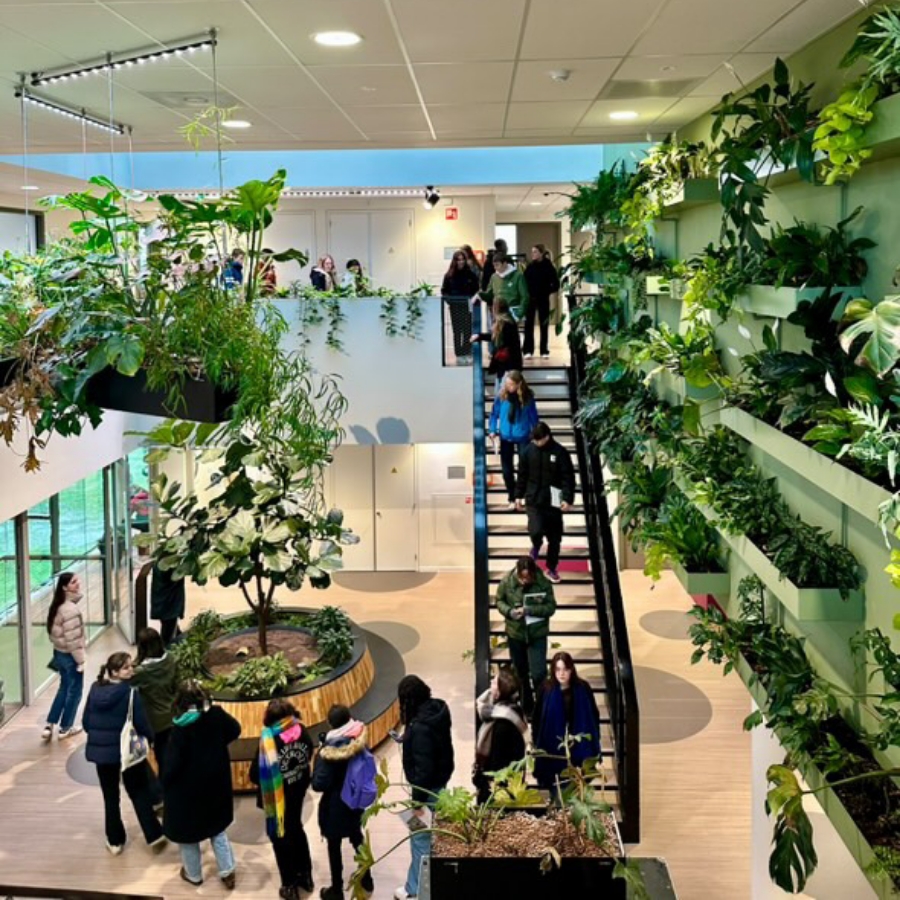
“The visits were really interesting, but I also loved the time we spent outside the school. Our class was great, and we did lots and lots of things,” smiles Jules. In short, a study trip is a great opportunity to make professional, cultural and human discoveries!
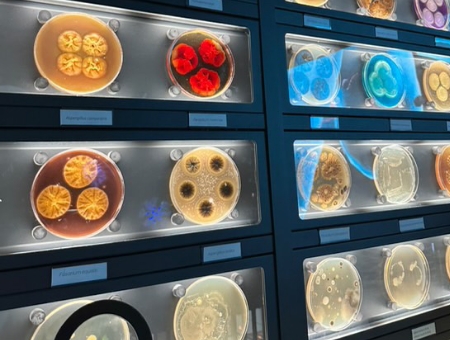
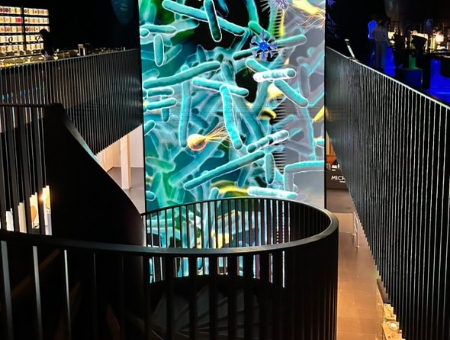
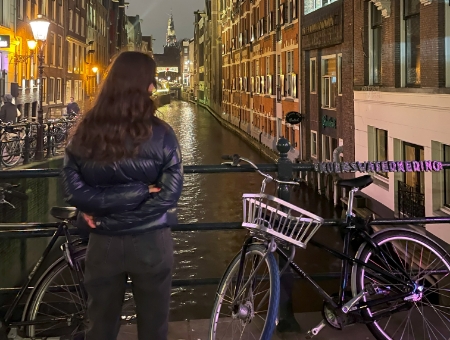
By combining the application of knowledge acquired in the field, professional encounters and cultural discoveries, study trips are a key part of the international agricultural engineering training program. From Brussels to Amsterdam, via Parma and Valencia, they offer our students new perspectives for reflection and action, as well as unforgettable memories!
More information about Agro, Food & Environmental Engineering
An article written by Zoé Lapeze, student engineer at UniLaSalle Rouen.






